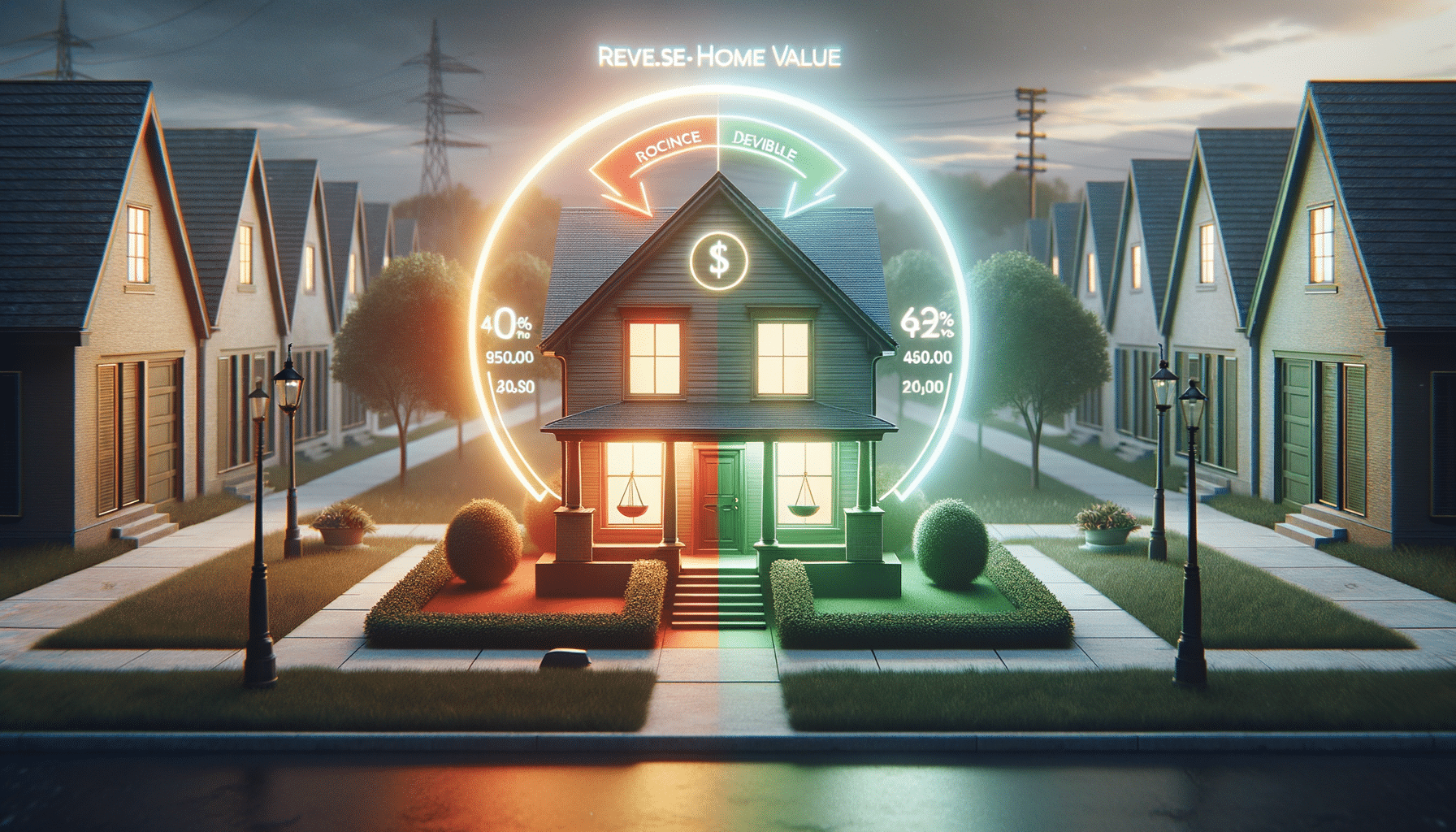
Reverse Mortgage & Home Value: How It Impacts Your Payout
Introduction to Reverse Mortgages
A reverse mortgage is a financial tool that allows homeowners, typically seniors, to convert part of their home equity into cash income without having to sell their home or make monthly mortgage payments. This financial product is particularly appealing to those who have substantial home equity and need additional funds for retirement. Reverse mortgages are often seen as a way to tap into the wealth accumulated in one’s home, providing a steady income stream during the golden years. Understanding the mechanics of a reverse mortgage, including its benefits and potential pitfalls, is crucial for anyone considering this option.
How Home Value Affects Reverse Mortgage Payout
The amount you can receive from a reverse mortgage is largely determined by the value of your home. Generally, the higher the appraised value, the more money you can potentially access. However, this is not the only factor. Lenders also consider the age of the youngest borrower, current interest rates, and the lending limit set by the government. It’s important to note that the appraised home value is not always equal to the market value, as it is determined by a professional appraiser who considers various factors such as the condition of the property and recent sales of comparable homes in the area.
Eligibility and Financial Implications
To qualify for a reverse mortgage, you must meet certain eligibility criteria. These include being at least 62 years old, owning your home outright or having a low mortgage balance, and living in the home as your primary residence. Financially, while a reverse mortgage can provide a valuable income stream, it is essential to consider the implications. Interest on the loan accrues over time, meaning the amount you owe increases, potentially impacting the inheritance you leave behind. Additionally, homeowners are still responsible for property taxes, insurance, and maintenance, which if neglected, can lead to foreclosure.
Pros and Cons of Reverse Mortgages
Like any financial product, reverse mortgages come with their own set of advantages and disadvantages. On the positive side, they provide a way to access home equity without selling the home, offer tax-free income, and do not require monthly payments. However, there are drawbacks to consider. The costs associated with reverse mortgages can be high, including origination fees, mortgage insurance premiums, and closing costs. Additionally, the loan balance increases over time, which can erode the equity in the home and reduce the inheritance for heirs.
Conclusion: Is a Reverse Mortgage Right for You?
Deciding whether a reverse mortgage is the right financial tool for you involves careful consideration of your financial situation, goals, and long-term plans. It is an option that can provide financial relief and flexibility, especially for those with significant home equity and a need for additional income. However, it’s crucial to weigh the benefits against the costs and potential impact on your estate. Consulting with a financial advisor can provide personalized guidance and ensure that you make an informed decision that aligns with your retirement strategy.


